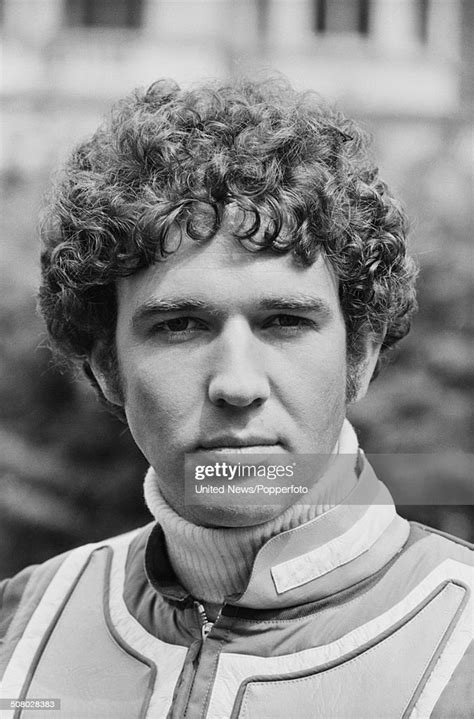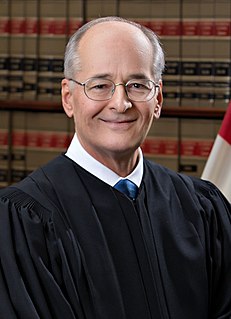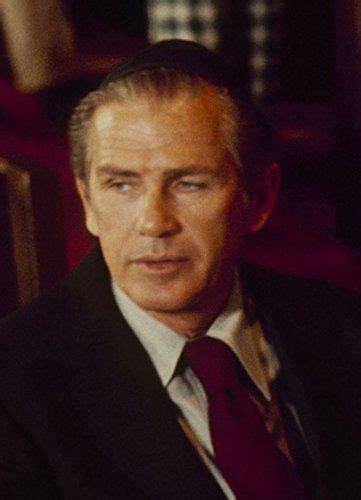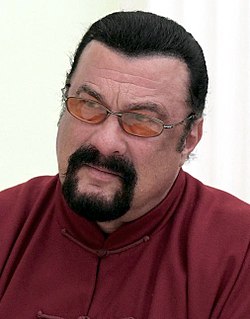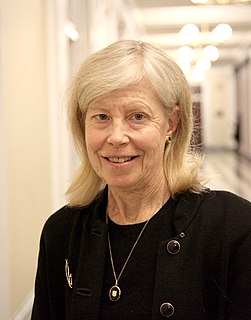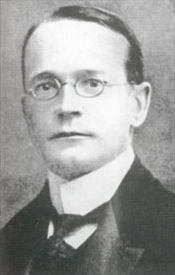A Quote by Sonia Sotomayor
I'm a common law judge. I believe in deciding every case on its facts, not on a legal philosophy. And I believe in deciding each case in the most limited way possible, because common law judges have a firm belief that the best development of the law is the one that lets society show you the next step, and that next step is in the new facts that each case presents.
Related Quotes
There was once a professor of law who said to his students. When you are fighting a case, if you have facts on your side hammer them into the jury, and if you have the law on your side hammer it into the judge. But if you have neither the facts nor the law, asked one of his listeners? Then hammer the hell into the table, answered the professor.
Dubai was brilliant, they looked around the world. They saw Hong Kong, Singapore, New York, Chicago, Sydney, London all ran British common law. British common law is much better for commerce than is French common law or sharia law. So they took 110 acres of Dubai soil, put British common law with a British judge in charge, and they went from an empty piece of soil to the 16th most powerful financial center in [the] world in eight years.
I don't stand by the understanding of that statement that I will ignore other facts or other experiences because I haven't had them. I do believe that life experiences are important to the process of judging - They help you to understand and listen - but that the law requires a result. And it would command you to the facts that are relevant to the disposition of the case.
Ironically enough, if the case involves race, and one claims that race is a disqualifying factor, nobody could hear the case. Everybody comes to these cases with some preconceptions, and the premise of our judicial system is that judges by training and by ethical codes are obligated to set those prejudices aside and to decide on the facts and the law. And to claim that somebody can't simply because of their racial identity is deeply offensive.
The rules and principles of case law have never been treated as final truths but as working hypotheses, continually retested in those great laboratories of the law, the courts of justice. Every new case is an experiment, and if the accepted rule which seems applicable yields a result which is felt to be unjust, the rule is reconsidered.
Good judges are always open to the possibility of changing their minds based on the next brief that they read, or the next argument that's made by an attorney who's appearing before them, or a comment that is made by a colleague during the conference on the case when the judges privately discuss the case.
Jurors have found, again and again, and at critical moments, according to what is their sense of the rational and just. If their sense of justice has gone one way, and the case another, they have found "against the evidence," ... the English common law rests upon a bargain between the Law and the people: The jury box is where the people come into the court: The judge watches them and the people watch back. A jury is the place where the bargain is struck. The jury attends in judgment, not only upon the accused, but also upon the justice and the humanity of the Law.

